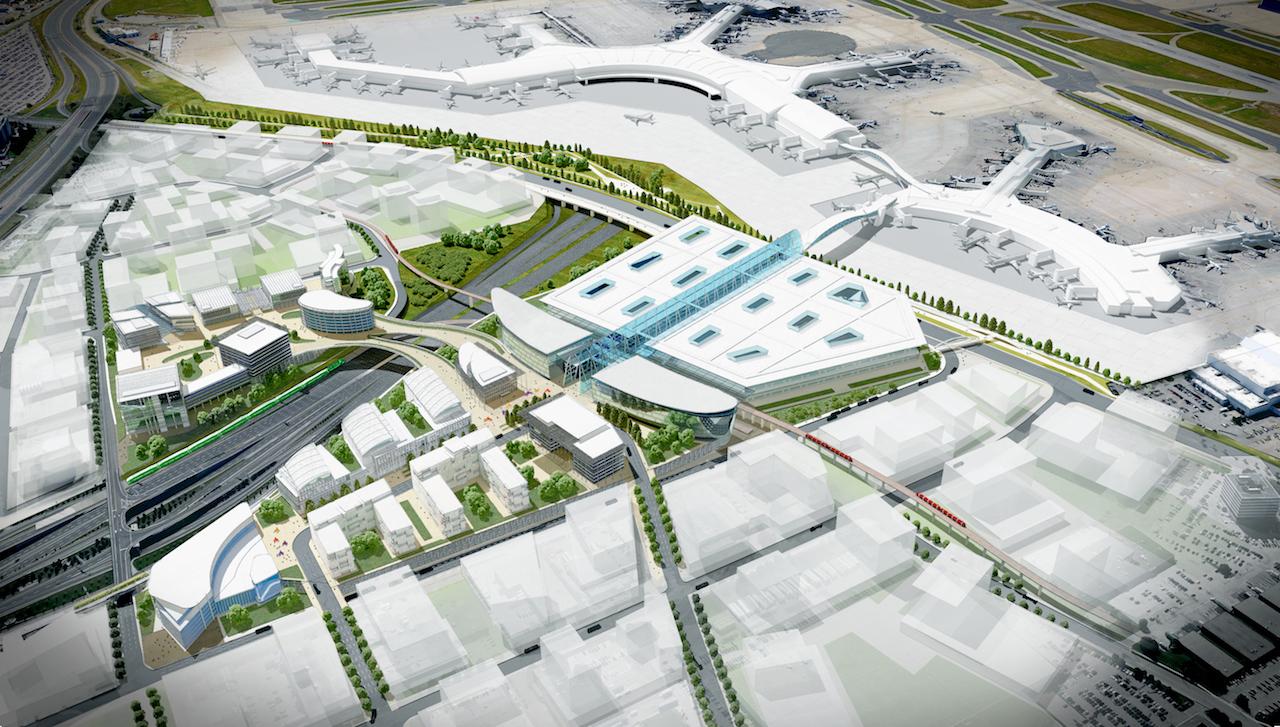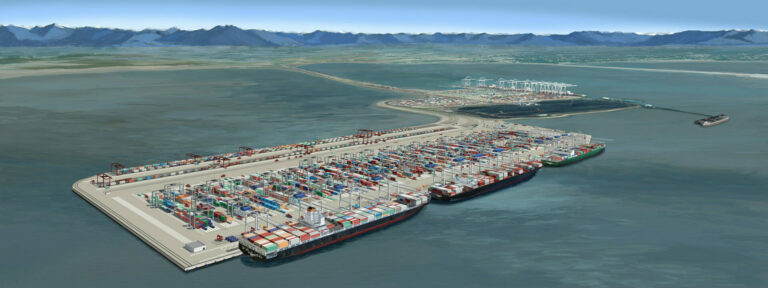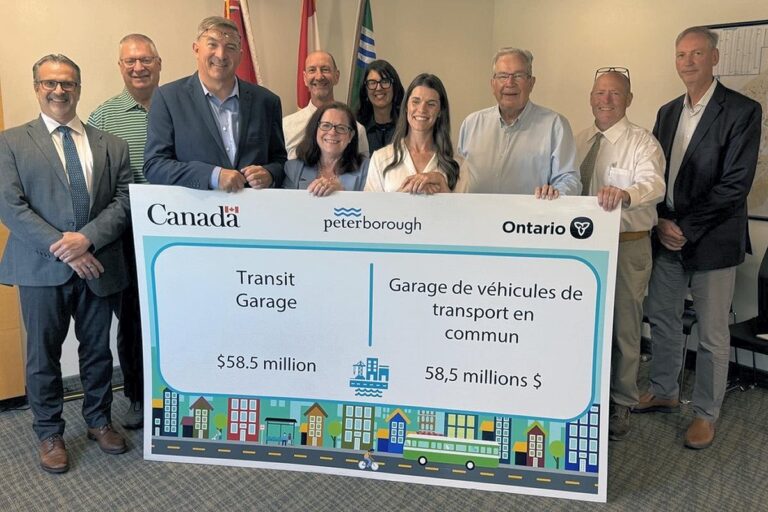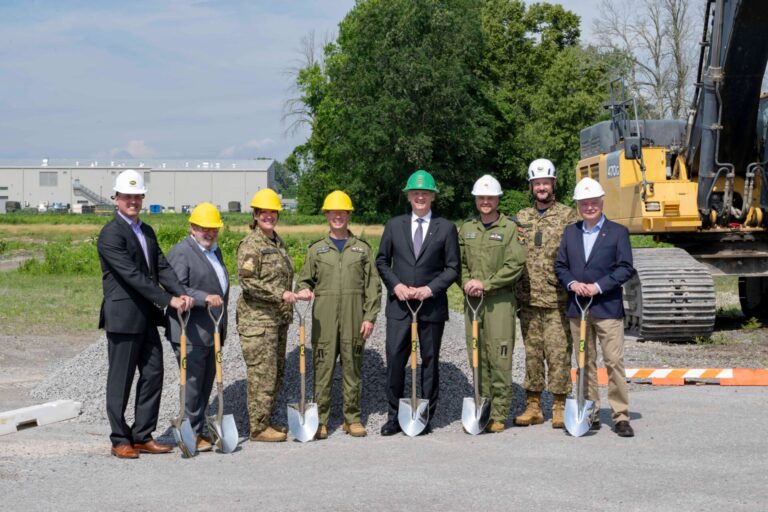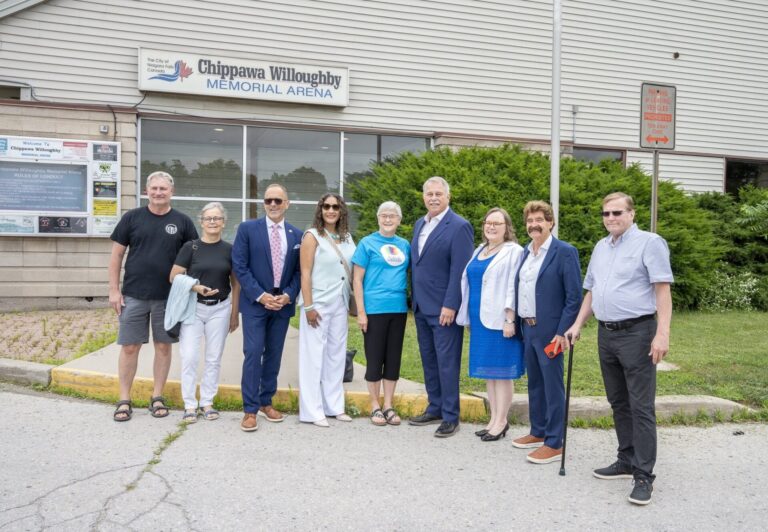The following statement was issued by the Federation of Canadian Municipalities (FCM)’s Big City Mayors’ Caucus Chair Mayor Mike Savage and co-chairs Montréal Mayor Valérie Plante and Saskatoon Mayor Charlie Clark, on transit operating shortfalls.
“Mayors are pressing the emergency button on public transit: as the pandemic stretches on and the Omicron variant challenges us all, 2022 farebox revenue shortfalls are threatening to derail and cut services, delay important capital projects, raise property taxes and have severe impacts on the long term.
“As Canadians work to emerge from the COVID-19 pandemic, cities continue to feel the financial impact of the last two years. The farebox revenues that fuel the public transit people rely on – light rail, buses, subways and more – remain gutted by the pandemic. For 2022, the Toronto Transit Commission projects an operating shortfall of $561 million, in Edmonton it is a $53.7 million shortfall and in metro Vancouver, TransLink projects a $60-$100 million deficit. And these are only a few examples; shortfalls are happening across the country and cities cannot legally run deficits to help.
“Canada’s big city mayors are calling on the federal government, in partnership with provinces, to cover 2022 transit operating shortfalls. We urgently need the partnership of all orders of government. This is the only way to avoid painful service reductions—which would wound frontline workers, marginalized communities, local economies, and Canada’s recovery. We all understand this service is essential for Canadians.
“Public transit is a social, economic and environmental backbone for our cities. For millions of frontline workers and lower-income Canadians, accessible and affordable transit is a critical connection to work, school and essential services. All pandemic long, thanks to our federal partner, we have strived to maintain the transit services that people and businesses need. Federal financial support has been critical for cities facing shortfalls, and we thank the federal government for its leadership—and our provinces for their strong collaboration to this point.
“What’s new here is the very clear urgency. Even before Omicron, most large transit systems were forecasting serious ridership and revenue challenges for 2022. Cities have already made tough decisions–making cuts where they could, laying off staff, and raising property taxes. Yet the effects of the pandemic remain with us. With city budgets being finalized now, we simply cannot wait any longer.
“The solution is simple: the federal government and provinces need to make a public commitment to emergency operating support for transit systems as soon as possible. The future of Canada’s public transit is at stake. The only way to resolve this issue is for the federal and provincial governments to come to the table urgently with financial support to cover 2022 operating shortfalls.
“Let’s get Canadians through this pandemic. Let’s work together to help the frontline workers, businesses, and marginalized communities who disproportionately rely on transit. Let’s also make sure we’re supporting recovery. Together with our federal and provincial partners, cities are investing in transit growth as green stimulus. But we cannot do justice to tomorrow’s recovery if we’re cutting services now, dramatically raising users’ fees, raising property taxes or delaying fleet electrification to cover operating shortfalls.
“The consequences of inaction will have very real impacts. Cutting transit service will lead to reduced mobility. Increasing property taxes will limit the economic recovery of our cities. Major user fee increases, or reductions in service quality, will discourage many from riding transit and will place an unfair burden on people who rely on public transit.
“We know all orders of governments understand the stakes. Some provinces, such as Ontario and Quebec, have signaled they are willing to step up to this challenge. Municipal leaders thank all of our partners and we call for others to join us. Above all, federal leadership to address this national issue is essential – and it is urgent for this year. Their early pandemic operating support helped us keep transit services going strong. But pandemic impacts have stretched out longer than anyone forecasts, and now we urgently need to adapt.”
Featured image: The proposed Pearson Transit Hub. (GTAA)

